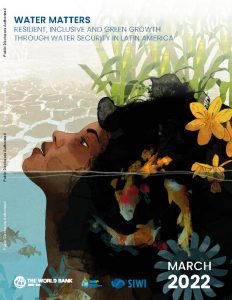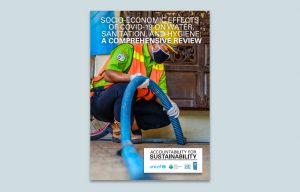Corruption risks in water licensing
Water resource licensing is increasingly becoming a cornerstone for integrated water resources management (IWRM). Licensing and other allocation mechanisms are important because they underpin who gets access to water and provide a means to manage water fairly, efficiently and sustainably.
Water resource licensing is increasingly becoming a corner stone for integrated water resources management (IWRM).Licensing and other allocation mechanisms are important because they underpin who gets access to water and provide a means to manage water fairly, efficiently and sustainably. Water licensing is often in the hands of young institutions operating under new laws and sometimes organised along waterbasin rather than traditional administrative boundaries.
With growing water scarcity in an increasing number of countries, there is a significantly greater risk of corruptionin the water licensing process. This risk, and its underlying factors, are not well understood. This report explores thenature of the risk using a 2007 field study of Chile and Kazakhstan as case studies for risk mitigation. The report was developed by the authors indicated below and thereafter revised by Jan Teun Visscher.
Water licensing is often in the hands of young institutions operating under new laws and sometimes organised along water basins rather than traditional administrative boundaries. With growing water scarcity in an increasing number of countries, there is a significantly greater risk of corruption in the water licensing process. This risk, and its underlying factors, are not well understood.
This report explores the nature of the risk using a 2007 field study of Chile and Kazakhstan as case studies for risk mitigation.
Citation
Warner, J., Butterworth, J., Wegerich, K., Mora Vallejo, A., Martinez, G., & Gouet, C. and Visscher, J.T. 2009. Corruption Risks in Water Licensing with Case Studies from Chile and Kazakhstan. Swedish Water House Report 27. Stockholm: SIWI.




